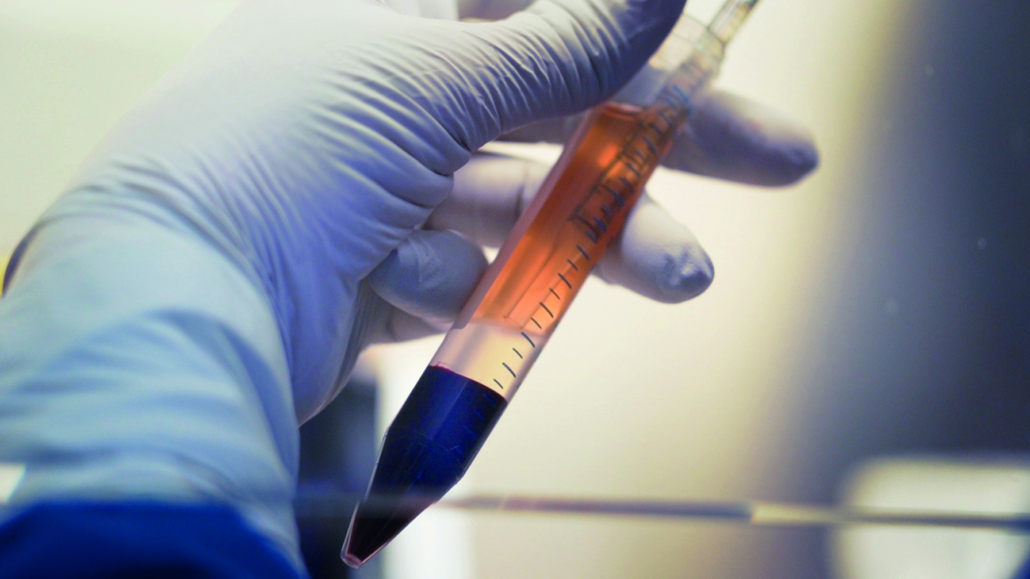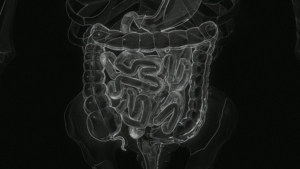
PBMC isolation in global clinical trials
In clinical trials of new drugs and vaccines, the analysis of peripheral blood mononuclear cells (PBMCs) is increasingly recognized as a valuable tool to get insight into the cellular immune response. These data can be used as surrogates in clinical trials for evaluation and market authorisation of new prophylactic or therapeutic vaccines. The collection of the drawn blood and its transport to an isolation lab is a logistical challenge that requires sophisticated procedures and diligent oversight.
Monitoring and understanding cellular immune responses are more and more important in the context of analysis of preventative and therapeutic drugs, including indications and research areas of immunology, auto-immune disorders, infectious diseases, haematological malignancies, immune oncology, CAR-T therapies, vaccine development, or transplant immunology. The cellular response acts together with the humoral pathways of protection – data on both are necessary to understand the full mechanism of action of an immune system-mediated intervention. This understanding is important for effecting a clinical development plan as part of the medical and scientific foundation for the intervention. Also, it is required to support the regulatory submission aiming at achieving marketing authorisation. Functional assays at a central laboratory using isolated PBMC preparations may also be validated and used as surrogate endpoints to speed up research.
The most important requirement for the evaluation of the cellular immune response is the availability of high-quality (meaning viable and immune-competent) PBMCs from many participating patients. The timely purification of PBMCs from the study participants’ whole blood samples is the most challenging factor. The quality of functional testing results is negatively affected if PBMCs of whole blood samples are not isolated and cryopreserved within a few hours after the blood draw. To facilitate these requirements, a qualified network of laboratories specialised in isolating PBMCs from whole blood is mandatory.
Risk mitigation
Each clinical trial must be supported by processes that mitigate risks and minimise variability between laboratories and technicians. Trial-specific risk mitigation solutions might include specific laboratory qualification and technician certification requirements, notification timelines, use of Laboratory Information Management Systems (LIMS), centralised reagent and consumable supply to avoid batch or product variability, on-site laboratory training and auditing, specific laboratory manuals and sample processing worksheets, optimised shipment process for fresh sample delivery at the laboratories, appropriate courier selection, and laboratory quality monitoring.
The long-lasting experience and constantly evolving insights of ABF into this complex matter are transferred to the network laboratories and benefit the clinical studies and projects of our clients. The data obtained from centralised analytical testing of the isolated PBMC may give rise to new validated endpoints for further studies.
ABF Pharmaceutical Services GmbH is a GMP-certified Organization specialising in Clinical Trial Logistics located in Austria. In addition to the distribution of investigational new drugs (IMPs) for international clinical trials, ABF maintains a worldwide network of PBMC-processing laboratories and offers full-service project management for PBMC projects.
This article was originally published in European Biotechnology Magazine Winter Edition 2021.



 Unsplash+
Unsplash+